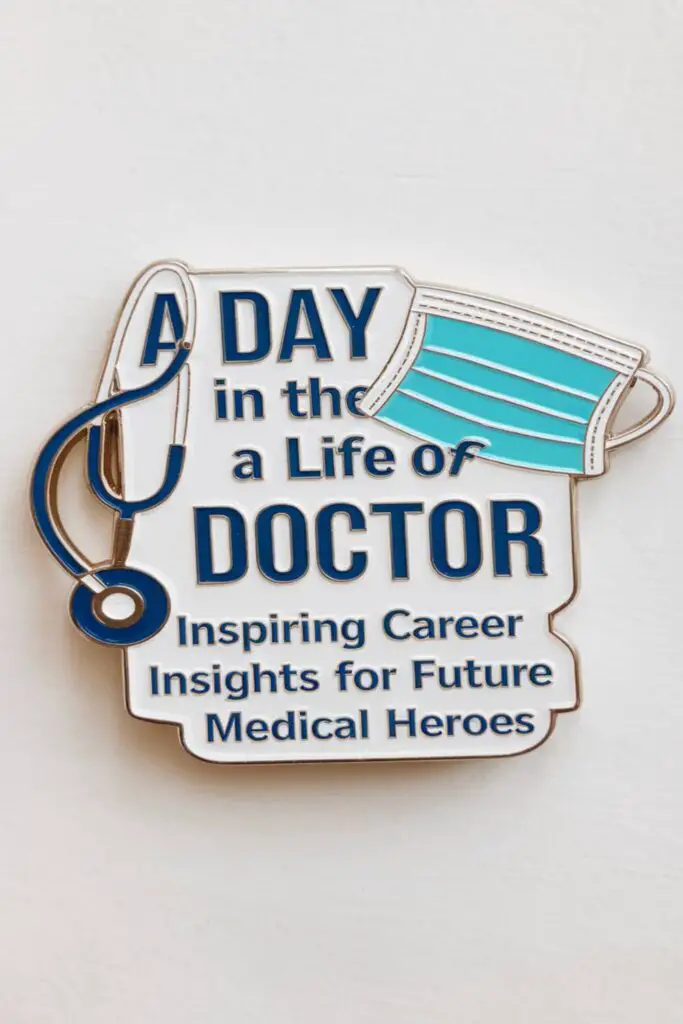Doctors play an essential role in our society, dedicating their lives to diagnosing illnesses, treating patients, and improving overall public health. If you’ve ever wondered what it’s like to work in this highly respected field, this article will give you a glimpse into the day-to-day responsibilities, the skills needed, and why this career is so rewarding.

What Does a Doctor Do?
Doctors are responsible for a wide range of tasks depending on their specialty, but the core of their work involves:
- Diagnosing Illnesses: Identifying medical conditions through tests, symptoms, and patient history.
- Providing Treatment: Recommending medications, therapies, or surgeries to restore patient health.
- Preventive Care: Educating patients on how to maintain a healthy lifestyle to prevent diseases.
- Monitoring Progress: Following up with patients to ensure treatments are working effectively.
Types of Doctors
Doctors can specialize in various fields, including:
- General Practitioners (GPs): Handle a wide variety of health issues for all ages.
- Pediatricians: Focus on the health of children.
- Surgeons: Perform operations to treat injuries or illnesses.
- Dermatologists: Specialize in skin-related conditions.
- Psychiatrists: Address mental health and emotional disorders.
Each specialization offers unique opportunities and challenges.
What Does a Typical Day Look Like?
A doctor’s day often includes:
- Patient Consultations: Meeting with patients to discuss symptoms and concerns.
- Collaboration: Working with nurses, technicians, and other specialists to provide the best care.
- Paperwork: Updating patient records and completing medical documentation.
- Emergency Situations: Handling unexpected cases, especially in hospitals.
While the hours can be long, the impact on patients’ lives makes it deeply fulfilling.
Skills Needed to Succeed as a Doctor
To thrive in this career, you’ll need:
- Strong Communication: Explaining complex medical terms in ways patients can understand.
- Problem-Solving: Making quick, informed decisions in critical situations.
- Empathy: Providing emotional support to patients and their families.
- Attention to Detail: Ensuring accurate diagnoses and treatments.
- Adaptability: Handling a constantly changing work environment.
Educational Pathway
Becoming a doctor requires a significant commitment to education:
- Bachelor’s Degree: Focus on pre-med courses such as biology and chemistry.
- Medical School: Intensive training in medical theory and practice.
- Residency: Hands-on experience in a hospital setting.
- Specialization (Optional): Additional years of training in a chosen field.
The journey is challenging but worthwhile for those passionate about making a difference.
Why Being a Doctor Is Rewarding
- Impactful Work: You save lives and improve the quality of life for countless patients.
- Job Security: Doctors are always in demand globally.
- Personal Growth: The profession challenges you to grow intellectually and emotionally.
- Community Respect: Doctors are highly regarded for their dedication to others.
Is a Career in Medicine Right for You?
If you’re passionate about science, have a desire to help others, and are ready to commit to a rigorous path of study and practice, a career as a doctor might be the perfect fit.
Save this guide for motivation, and start planning your journey toward one of the most rewarding jobs in the world!